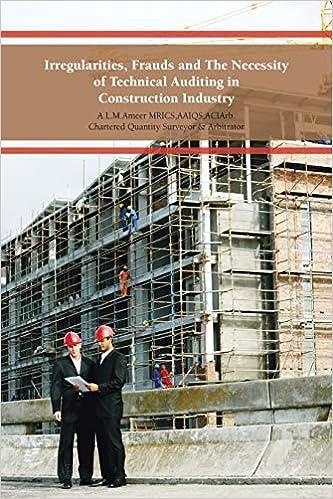T&V Industry produces a special machine according to customer specifications with regards to the number of pieces the machine can produce per hour. A shop owner is considering leasing one of these machines and wants to decide on the most economical speed to be ordered in customer orders per hour). From past experience, the owner estimates that orders from customers arrive at the shop according to a Poisson distribution at the rate of 3 orders per hour. The processing time of an order is variable because it depends on the speed of the machine, the type of part being ordered and the number of parts (units) included in the order. T&V and the shop's owner have signed an agreement that the hourly leasing cost of the machine will be $50 times the machine's production rate (in orders processed per hour). In addition, contracts between the owner and customers specify specify a penalty of $100 per hour for lateness (in this contract, lateness is defined as the time the order remains in the shop from the moment the order arrivers until it is delivered, i.e., time in the shop or queueing system). (a) (10 units) Assuming that the actual processing time per order is exponential and the queue capacity is unlimited state the type of queueing model that is being analyzed and develop a general cost model as a function of the production rate, u. (Hint: this cost model needs to represent the cost of the queueing system per hour with two components: leasing cost of the machine as a function of its production rate (in orders processed per hour) and cost of the average number of orders in the shop either waiting or being processed.) T&V Industry produces a special machine according to customer specifications with regards to the number of pieces the machine can produce per hour. A shop owner is considering leasing one of these machines and wants to decide on the most economical speed to be ordered in customer orders per hour). From past experience, the owner estimates that orders from customers arrive at the shop according to a Poisson distribution at the rate of 3 orders per hour. The processing time of an order is variable because it depends on the speed of the machine, the type of part being ordered and the number of parts (units) included in the order. T&V and the shop's owner have signed an agreement that the hourly leasing cost of the machine will be $50 times the machine's production rate (in orders processed per hour). In addition, contracts between the owner and customers specify specify a penalty of $100 per hour for lateness (in this contract, lateness is defined as the time the order remains in the shop from the moment the order arrivers until it is delivered, i.e., time in the shop or queueing system). (a) (10 units) Assuming that the actual processing time per order is exponential and the queue capacity is unlimited state the type of queueing model that is being analyzed and develop a general cost model as a function of the production rate, u. (Hint: this cost model needs to represent the cost of the queueing system per hour with two components: leasing cost of the machine as a function of its production rate (in orders processed per hour) and cost of the average number of orders in the shop either waiting or being processed.)







